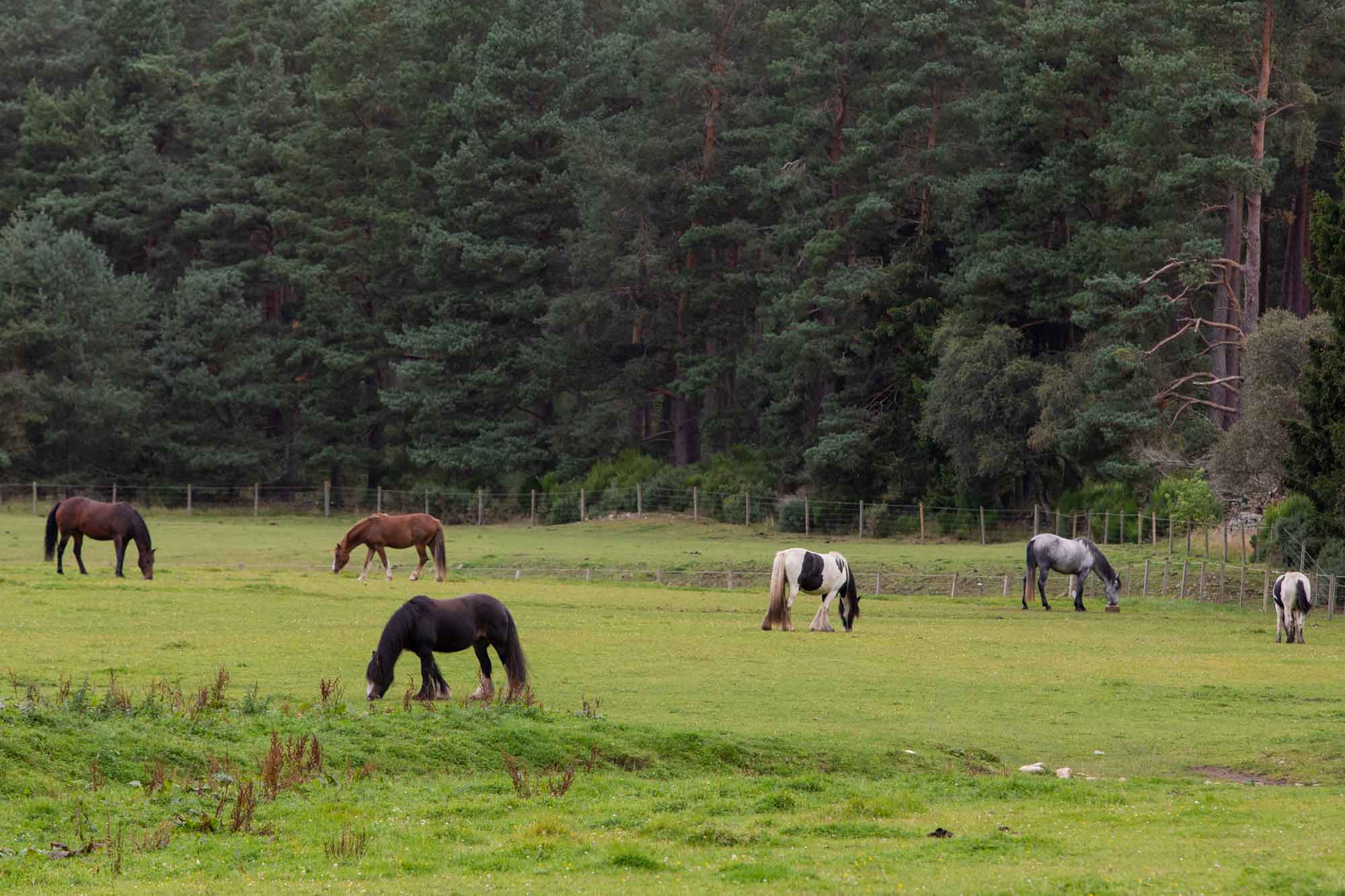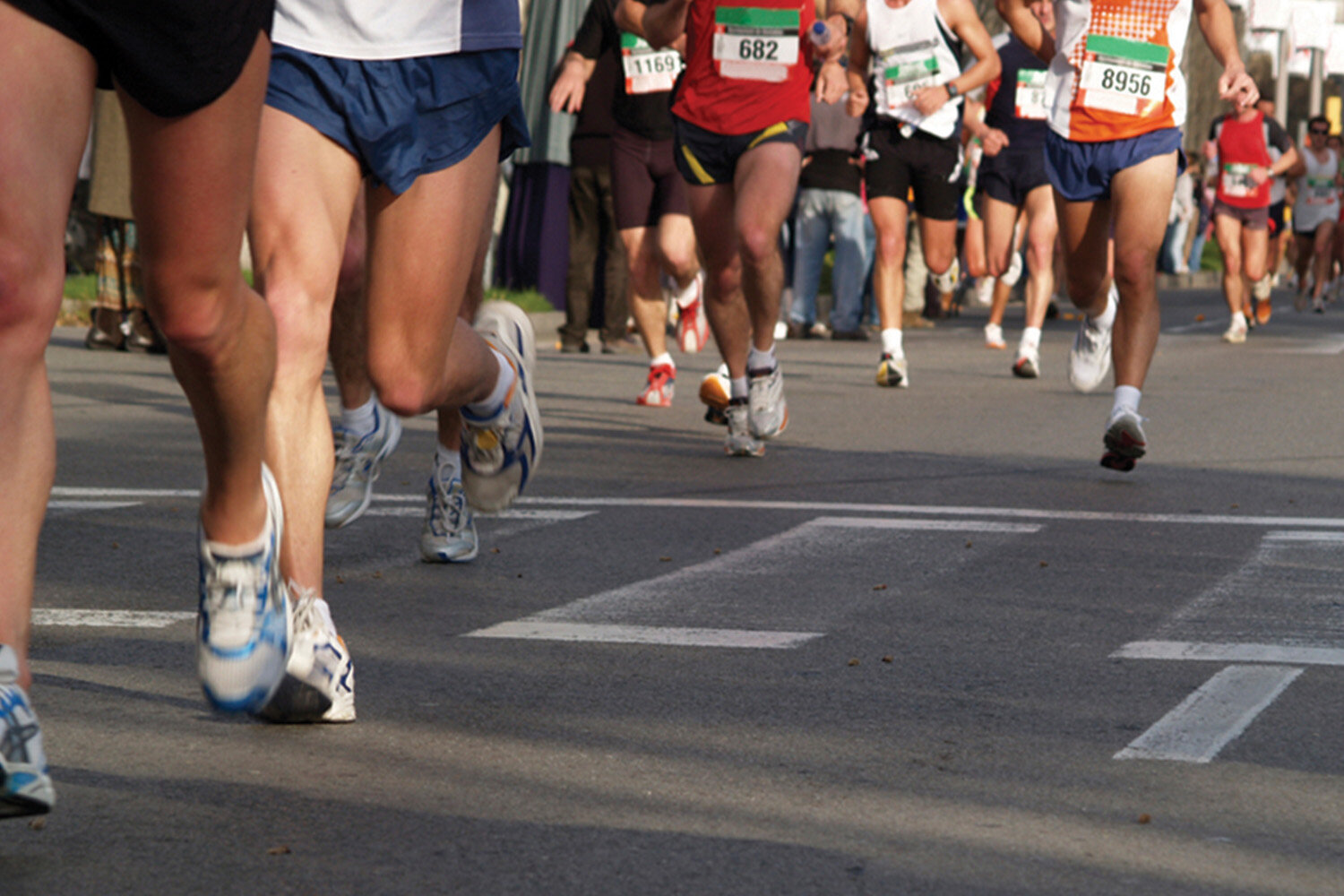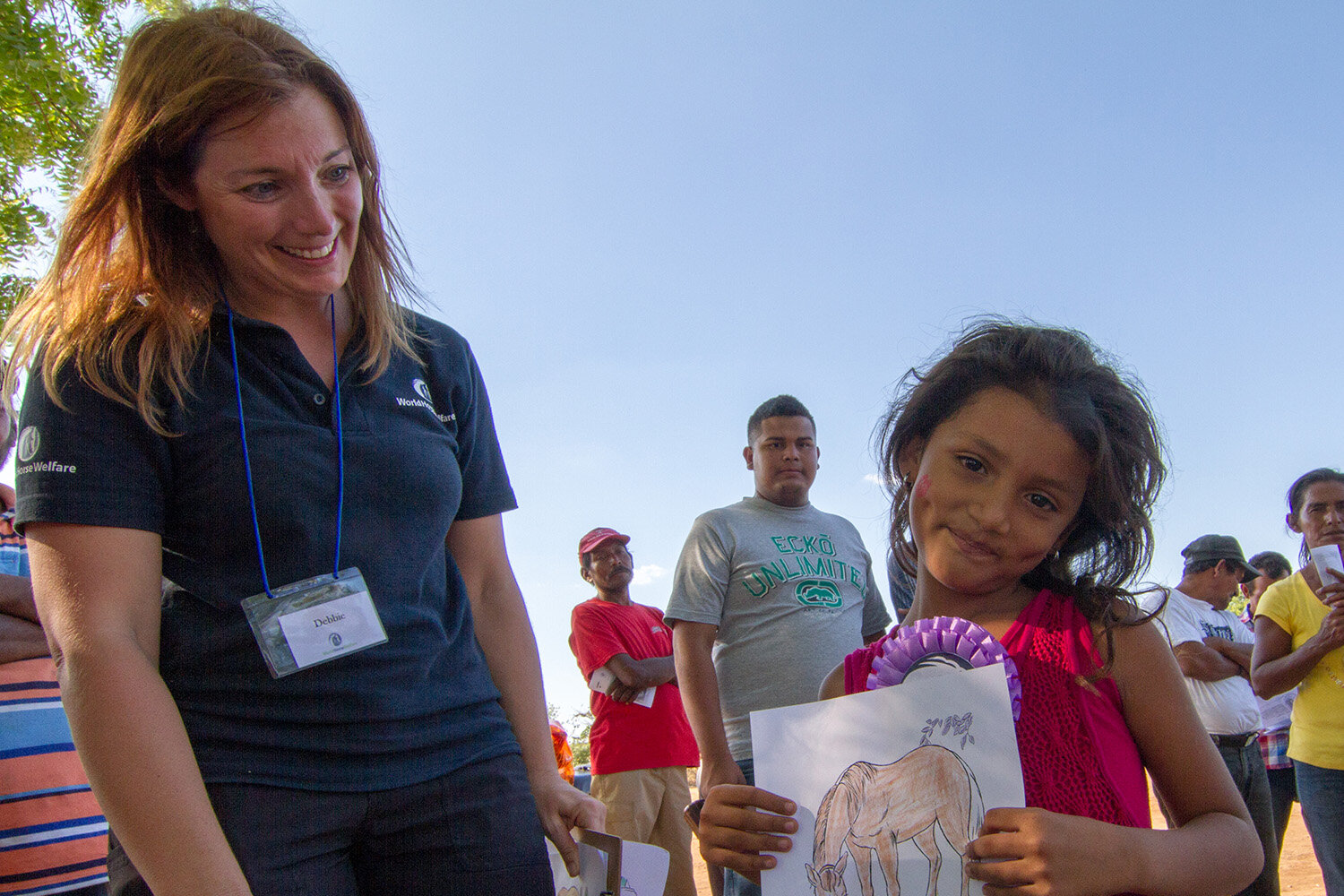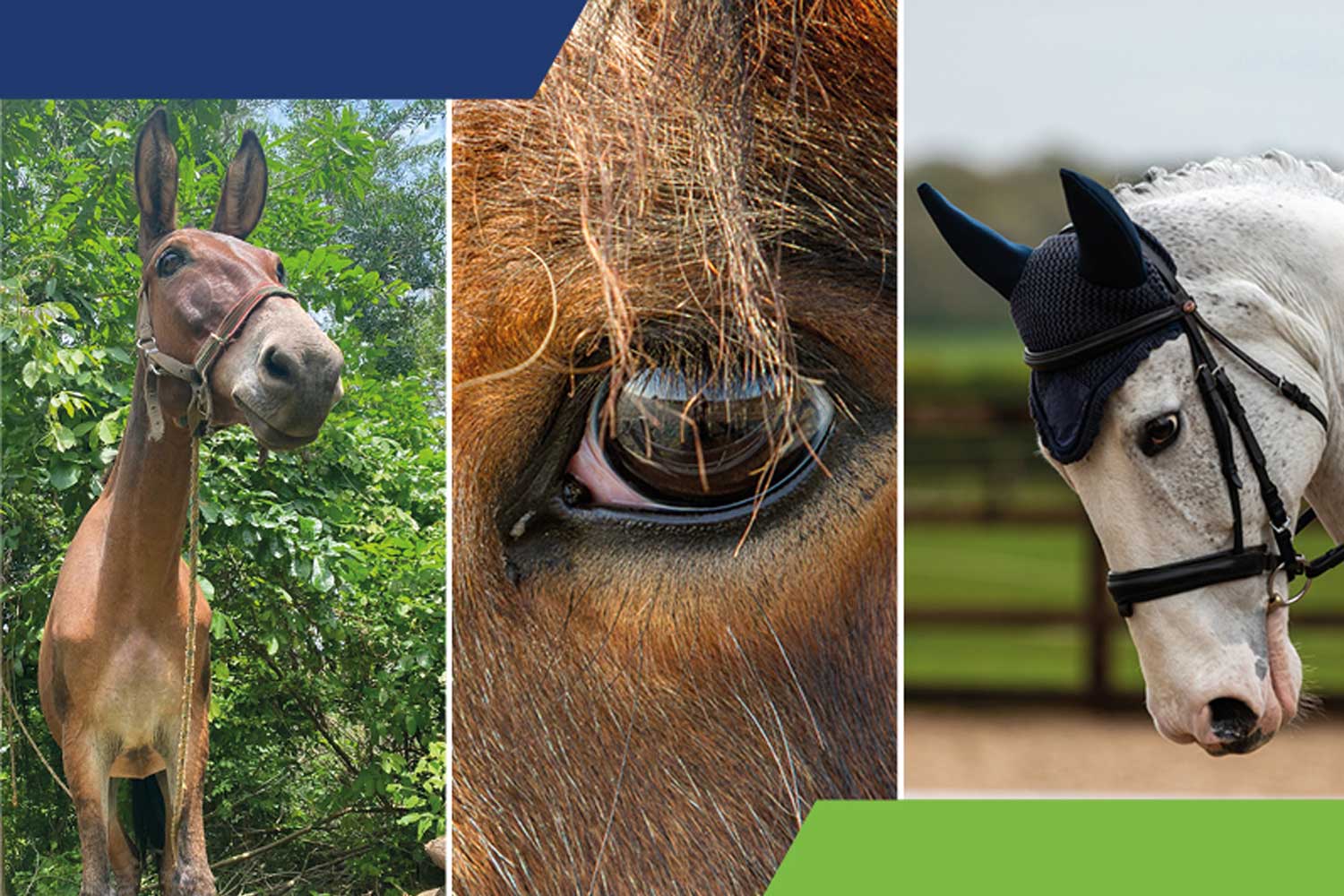Updated 3 April: How to look after your horse during the current restrictions
Keep up to date with our advice on how we can look after our horses under the current restrictions in the UK.
Posted on 03/04/2020

VIEW LATEST ADVICE – UPDATED 12 APRIL – HERE
As we are likely to be under restrictions for longer than the three-week period announced by government on 23 March, we have updated our advice on how to ensure you can best care for your horses while complying with government guidance during this unprecedented national emergency. We are all being challenged to do things differently to protect ourselves and the public, while also protecting the health and welfare of our horses. How do we balance both? For sure, this advice is not what we would normally recommend, and whilst it will work for many horses, it clearly won’t be appropriate for all.
The key aim is to use common sense and abide by the principles set out by government, especially around social distancing, appreciating that every journey we make creates risk.
Continue to follow government guidance to protect yourself and others
The health and welfare of our horse(s) should remain a priority, and there are ways to safeguard this while protecting yourself and the public too. Remember to keep up to date with the most recent government guidance, especially around maintaining good hygiene – regular hand washing is such an important way of helping to prevent catching and spreading disease. We advise keeping an eye on your national government’s website for the latest information, as this is a rapidly changing situation.
How do I comply with government guidelines while caring for my horse?
- If your horse does not live at your home address and you are the main carer, then visiting your horse to provide maintenance care will be considered an ‘essential’ journey. You may wish to bring a photocopy (or photo stored on your phone) of the ID page on your horse’s passport so you can justify the journey if you are stopped and asked.
- Individually, aim to visit your horse only once a day to ensure the needs of your horse are being met (to comply with government guidance in England and Wales – Scottish guidance is slightly more flexible). This should be sufficient for most horses but clearly not all of them, especially those that require regular medication or specific management as in cases such as EMS and laminitics.
- As far as you are able, use a buddy system so you can share visits and minimise journeys.
- Consider moving towards providing maintenance care for your horse during this current lockdown period – but remember to make all changes as gradual as possible.
- Disinfect any shared equipment, such as wheelbarrows or shavings forks, between users and, most importantly, wash your hands regularly after touching any piece of equipment and your horse. Avoid touching your face.
Can I ride my horse?
- Our strong advice would be for you not to ride your horse during this period – and to as quickly as possible taper your horse’s exercise so that, where possible, they can be turned out to grass. We all need to be as risk averse as we can to minimise pressure on the NHS.
What changes should I consider for the management of my horses?
- For some horses it may be possible to reduce their workload and gradually increase time out at grass, if they do not usually live out 24/7. Just make sure they have enough appropriate forage and supplement if needed. This can help take some of the pressure off their management routine as well as ensure that they are still getting some exercise and stimulation.
- At this time of year, we need to be particularly mindful of:
- Laminitis – although a year-round concern, spring grass can be particularly risky to overweight, EMS or laminitis-prone horses. Download our laminitis leaflet
- Weight gain or weight loss – it is important that we monitor the weight of our horses on a regular basis and make changes as necessary. Find out more on our Right weight page
- Colic – change the diet of your horse gradually and ensure they have access to hay even when out at grass if they have been on hay or haylage over the winter
- Water – ensure horses have constant access, if they are spending more time in the field you may need to find extra buckets if their water is not automatically topped up
- Midges/sweet itch – the midge season is just beginning for many of us, so if your horse is prone to sweet itch then start preventative measures now
- It may not be possible or advisable to increase some horses’ turn out to pasture. Consider other ways to keep them occupied and exercised: walking in-hand, walking on the lunge in large circles or turning out on to a manege can all help. Aim to keep all exercise low energy to reduce risk of injury and stick to something you know your horse can do safely.
- Try to keep on top of your basic stable or field maintenance duties, such as poo-picking, to help ensure the long-term health of your horse.
What if my horses are kept on livery?
- Respect your own livery yard’s protocol and work together to ensure that regular updates can easily be provided – consider using platforms such as WhatsApp or Messenger to get updates to everyone at once. You may even want to have virtual meetings with the manager and/or other liveries to share
information and support each other. - Make sure the livery yard owner/manager has multiple contacts for you: mobile and landline number, address, email and, where applicable, social media contacts.
- Remember to adhere to social distancing guidelines of keeping at least two metres apart and washing your hands regularly for 20 seconds. Also, aim to disinfect handles, gates, or other shared equipment you may touch.
What plans should I have in place?
- If possible, buddy up with a friend or a local group of horse owners, to ensure that should you become unwell somebody else is able to care for your horse. Equally, if another owner becomes unwell, you may be able to help out and provide care to their horse.
- Create a ‘care plan’ for your horse, outlining what feed (if any) to provide, current daily routine and where key items are kept, in case you are unable to provide the care yourself. Include your horse’s normal temperature, respiration rate and heart rate, if you know these, as it will help someone who
may be unfamiliar with your horse identify if there are any problems. Ensure that your vet’s contact details are included and what steps you want taken in case of an emergency if you are not contactable. Make sure you have these details if you are looking after someone else’s horse. - Ensure you have enough hay, medication and any other provisions for your horse to last a fortnight in case you need to self-isolate. But avoid panic buying as this will only cause problems for other horse owners and won’t help you or your horse.
What about health and veterinary care?
- At the moment, vets are only physically attending to emergencies. Your vets will discuss with you what measures they want in place if they do have to make an emergency visit.
- Many vets are also still providing non-emergency advice on the telephone and through various online platforms.
- If you need to contact your vet try to be as prepared as possible – vets will normally want to know what your horse’s temperature, respiration rate and heart rate are – do you know how to take these? Do you know what the normal ranges are? Do you know what is normal for your horse? If you don’t, this will help you learn how:
*How to take a horse’s temperature
*How to check your horse’s respiration rate
*How to take your horse’s pulse - A short video taken on your phone showing the general demeanour of your horse is helpful and try to take clear photos of any injury or area of concern to send to the vet.
- Some companies are still providing a worm FEC (faecal egg count) service to high-risk horses. If your horse falls into this category, ensure you stay on top of your worm count programme.
What if I need hoof care and farriery?
- Speak to your farrier, as some horses can be left for longer periods between visits. They will also be able to advise on ways to make your horse’s hoof care more manageable, which could include removing their shoes, and less likely to cause problems. Your farrier will also discuss what measures need to be in place if a visit has to be made. View the Covid-19 guidelines for farriers.
Can I bring in new horses?
- We would strongly advise that you to not take on or purchase any new horses during the lockdown period. New arrivals bring an increased risk of disease and disrupt social groups increasing the likelihood of injuries.
Can I transport my horse?
- Unless it is absolutely essential to move your horse (e.g. for emergency vet treatment), horses should not be travelling or moving yards/fields.
- If using a transporter, always use a reputable and authorised company.
What if I need to consider euthanasia?
- Euthanasia is never an easy topic to consider, however, it is important that it always remains an option for owners if you feel it is in your animal’s best interests and that has not changed during the current restrictions. Veterinary support will remain available to help you through this process, or alternatively contact the Equine End of Life Service.
If changes are made to the guidance given by government, we will update this statement so that you always have a current and reliable source of information.
We are here for you if you have questions or concerns about your horse – please call our Advice Line at +44 (0)1953 497 238 in office hours.
Further advice and Q&As
Be prepared
- Planning ahead is essential and should include a plan for if the situation changes – such as if you are unable to attend to your horse for any reason.
- The most important scenario to plan for is how your horse will be cared for if you become ill – look to arrange with your friends, family or fellow liveries to be able to look after your horse in your absence. A co-operative can work well especially on livery yards where a group of you pledge to help each other out when needed.
- Have all your information and key contact details (including vet and farrier) written down in one place and accessible to anyone who may need to look after your horse.
- Consider sharing your plans on how you would like any emergency with your horse dealt with if you are absent. Take a look at our leaflet Just in Case – The Owners Plan which helps you note down all these considerations and is a convenient way of letting anyone who is looking after your horse know what your wishes are.
- If you are at a yard you should talk to the yard manager as an overall plan may already have been put in place but, if not, you should work together to create one before anyone is unable to get to their horse. This could include measures such as agreeing a timetable to make sure owners stagger their daily visits to the yard for maintenance care, as well as agreeing appropriate hygiene measures relating to shared areas.
I am self-isolating, but I feel OK. Can I go to my horse as normal?
- If you develop any kind of symptoms such as a raised temperature or persistent cough current government guidance is that you should self-isolate for a minimum of seven days. If you keep your horse at home you should be able to continue to provide your horse with essential maintenance care, so long as you will not come into contact with anyone else.
- Any horses kept away from home will have to be looked after for your period of self-isolation by someone else. Try to ensure that you always have enough bedding, hay, food, supplements and medication to last at least a fortnight and ensure that you have left a list of what food, medications etc the horse needs each day. Check that your equine first aid kit is fully stocked.
I have been diagnosed with Covid-19 and am struggling to find anyone who can come and help with my horse. What can I do?
- If you have been diagnosed with Covid-19 government guidance is that you must not leave your house, unless you are being moved to a hospital. So, someone else will need to look after your horse until you have recovered.
- As part of your testing and diagnosis process you will be able to inform your local health protection team – or the SSPCA if you live in Scotland – that there is a horse in your care and you will be able to tell them if you have made arrangements or if there is no-one else to help. In reality, however, the pressures will be such that local authorities are unlikely to be able to help, so it is vital that you try to find some form of contingency as described above.
- You must not be tempted to continue looking after your horse until after you have recovered. You will be given information on recovery and at what stage you can restart normal activities and you need to adhere to these.
Protecting yourself and others
You should keep up to date with the most recent government guidance, especially around maintaining good hygiene – regular hand washing is such an important way of helping to prevent catching and spreading disease. We advise keeping an eye on your local and national government websites for the latest information relevant to your area as this is a rapidly changing situation. This page will be regularly updated, and you will find useful information on the following: British Horse Society, National Equine Welfare Council and British Equine Veterinary Association.
Topics
Related News
Recommended Blog Posts

Our London Marathon runners 2025
We catch up with the six runners taking on this epic event for our charity to find out how their training is going.

Celebrating our international colleagues
On International Women’s Day, we catch up with some of the inspirational women from our International team.

Empathy, education, and evidence: the take-home messages from our 25th annual conference
Find out how an international line up of speakers explored “When does use become abuse?”.
Enjoy reading stories like this?
Join over 65,000 other horse lovers and sign up for our email newsletter

Join over 65,000 other horse lovers and sign up for our email newsletter
Sign me up now